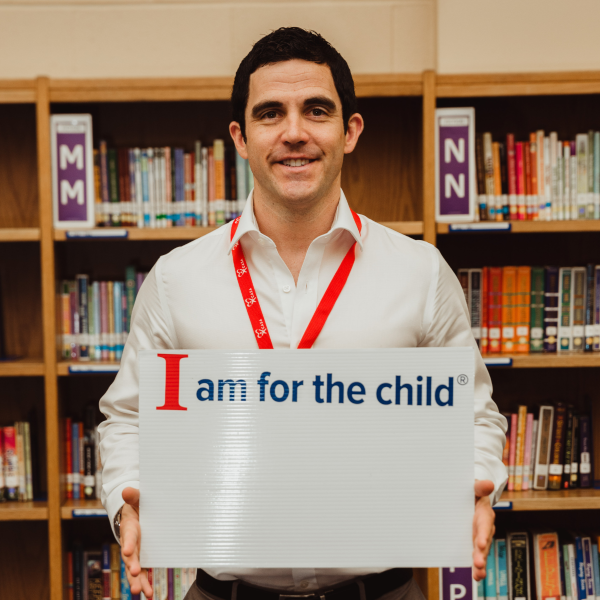One of the areas where a CASA can make a huge and lasting difference in the life of a child, is in educational advocacy. Helping to ensure that a child is receiving educational supports and services appropriate for their particular needs can remove barriers that prevent a child from really thriving in a school setting.
 Children in foster care often have educational gaps, and these are not always immediately apparent. If not addressed early, these gaps may become larger over time, especially if the child spends a significant amount of time in foster care or if they change placements frequently. A CASA, however, will be a constant in a child’s life, regardless of where they are placed. CASAs can help fill in some of the blanks about a child’s educational history and pass on pertinent information. A complete and accurate educational background, when combined with the knowledge a CASA will have about the child as an individual, not only helps ensure the child is receiving appropriate services in their current school, but can also be passed along to any future schools which will make for smoother transitions.
Children in foster care often have educational gaps, and these are not always immediately apparent. If not addressed early, these gaps may become larger over time, especially if the child spends a significant amount of time in foster care or if they change placements frequently. A CASA, however, will be a constant in a child’s life, regardless of where they are placed. CASAs can help fill in some of the blanks about a child’s educational history and pass on pertinent information. A complete and accurate educational background, when combined with the knowledge a CASA will have about the child as an individual, not only helps ensure the child is receiving appropriate services in their current school, but can also be passed along to any future schools which will make for smoother transitions.
 While not an exhaustive list, CASAs can support a child’s education in these specific ways:
While not an exhaustive list, CASAs can support a child’s education in these specific ways:
- Recommending enrollment in early intervention or daycare program
- Requesting school transcripts, attendance records, and educational records
- Ensuring IEPs (Individualized Education Plans) are shared with current school, requesting IEPs be updated, or requesting a child be evaluated for IEP services
- Requesting appropriate behavioral supports
- Requesting referrals for occupational, physical or speech therapy OR ensuring children who receive occupational, physical, or speech therapies are being provided proper service
- Advocating for proper diagnosis and treatment of any underlying medical or mental health challenges that may impact school performance
- Advocacy for involvement in extracurriculars, sports, clubs, music, art, or theater programs
- Ensuring placement in correct classes (remedial, honors, AP, summer school, credit recovery etc.)
- Advocating for alternative learning environments when necessary
- Helping ensure ACT, SAT, AP tests are paid for and taken
- Helping to navigate through college applications, admissions, etc.
We are grateful that most children will have the opportunity to return to an in-person setting this fall, and we are even more grateful that those who are in foster care will have the opportunity to put their best foot forward with their CASA by their side.

Answered by Advocate Supervisor Sadie Perkins